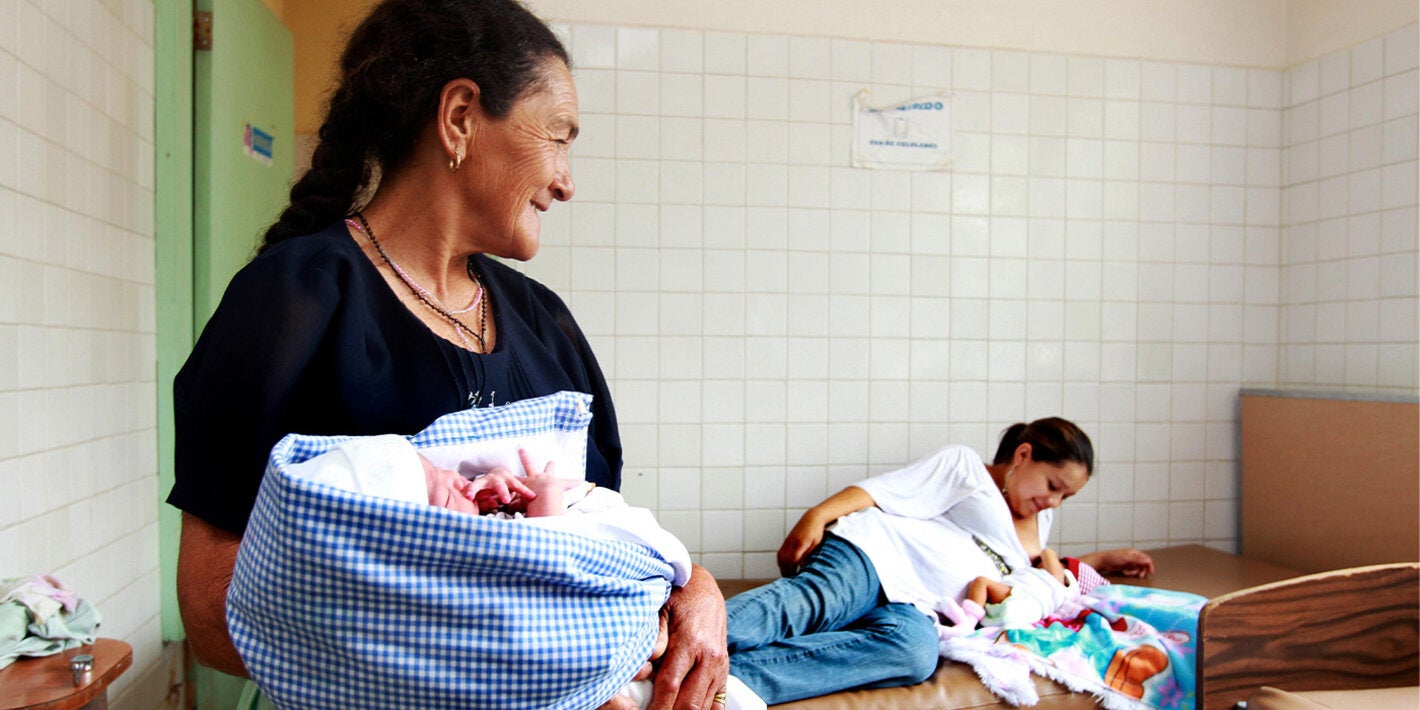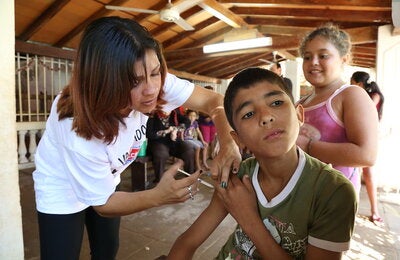
Washington, D.C., 16 June 2023 (PAHO/WHO)—The Pan American Health Organization (PAHO) approved important administrative modifications this week aimed at strengthening its ability to assist Member States. These changes, designed to boost PAHO's efficiency, transparency, and accountability, align with the 5th pillar of PAHO Director Jarbas Barbosa's strategic vision.
The updated procedure, announced this week, states that individual purchase orders and standalone supplier invoices of US$ 5,000 or less will now only require approval from the Project Manager and Administrator, rather than a Cost Center Manager. For context, in 2022, Cost Center Managers approved a combined total of 67,800 such transactions. This change will enable PAHO managers to dedicate more time to strategic and impactful activities.
Additionally, PAHO has issued new Delegations of Authority (DOA), raising the Country Representatives' authority for entering procurement contracts for goods and services from US$ 50,000 to US$ 100,000, and from US$ 100,000 to US$ 200,000 for the Brazil Office. In 2022, 4,209 of such transactions had to be reviewed at the PAHO HQ in Washington, D.C, which increased their processing time. Despite these changes, PAHO managers retain responsibility for overseeing the implementation of PAHO policies and procedures related to the purchase of goods and services.
The new administrative measures will allow, respectively, PAHO managers to save considerable time on administrative transactions and faster the processing of contracts. Combined, they are expected to enhance technical cooperation with countries of the Americas.
Over the past century, PAHO has supported the significant advances made in the health of the Region’s population:
- The average life expectancy has increased 36 years over the past century.
- Since 1990, deaths of children under 5 have been reduced by 67%.
- The Region of the Americas was the first in the world to eliminate smallpox and polio, as well as rubella, congenital rubella syndrome, and measles.
- 10 countries in the Region eliminated malaria and eight eliminated mother-to-child transmission of HIV and congenital syphilis.
More information:



